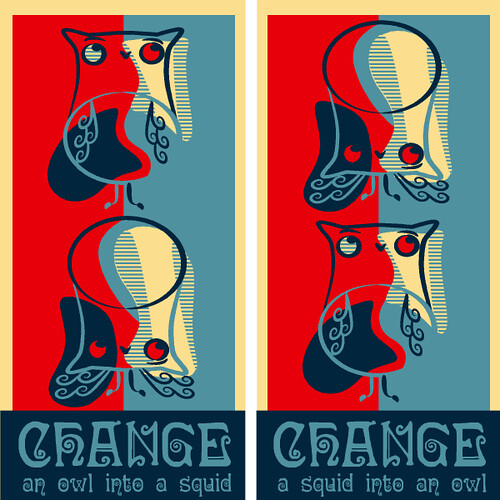As a child of the Cold War, I’m a bit skeptical about how much good comes out of cultural exchanges between countries with either little in common or mutually opposed interests. At the gentlest stroke of the trigger, realpolitik blasts all the carefully cultivated good will and cultural understanding away.
Case in point; after decades of hard work downing vodka and Guinness and agreeing how we all love Tolstoy and Shostakovich, Ireland’s tentative steps towards Magnitsky type measures unleashed an immediate and horribly spiteful threat from the Russian state to bar Irish people from adopting children the Russians don’t want. (Guy Verhofstadt – now leading the European Parliament’s Liberal grouping – has kindly called on other EU member states to unite and stop one of their number being blackmailed and bullied. I appreciate the gesture, though I expect EU solidarity for us will be as forthcoming as it has been for the UK after its recent Chinese blackballing.)
But a project by Anwar Akhtar with the RSA, linking up Pakistan civil society and the UK Pakistan diaspora, looks both worthwhile on its own terms and interesting for the rest of us. Instead of the tired old model of getting elites to talk books and ballet and hoping better relations ensue, Pakistan Calling takes a more targeted and effective approach to cultural exchange.
Pakistan Calling starts from the premise that there’s more to Pakistan than religious extremism, corruption, show trials and assassinations, drone warfare and anaemic responses to natural disaster, and all the other dismal accoutrements of a failed state. It is a platform for film-makers in Karachi and Lahore to show short movies about social enterprises and notable individuals. The films highlight social and economic problems and also the good work being done to tackle them.
A couple of the videos are simple pieces to camera about how the country’s education system or city-planning are simply not good enough. There are also of celebratory films about cities, individuals or projects. One film stands out. In seven minutes of quite beautiful footage, it suggests how the perpetual noise, dirt, itching, bad smells, hunger, loneliness and contempt of being horribly poor can make life seem so cheap it’s almost not worth living. ‘I am Agha’ is about a street child who wishes he could exchange his rubbish-collecting sack for a schoolbag; “I don’t like anything, anyone. This starvation… I only like food and to sleep peacefully at night.”
This project is far meatier and less comforting than your average cultural exchange. The people it’s connecting are community and project leaders in Pakistan and the Pakistan-British diaspora. They already have much in common, culturally, and should have many insights and connections to share with each other to mutual gain and long-term, reciprocal relationships.
If the Pakistan Calling goes into a further stage, it will look at crowd-funding mechanisms for the diaspora and others to invest in emerging social enterprises in Pakistan. I hope they don’t try to reinvent the wheel on crowd-funding, and rather look at how to turn the relationships they are cultivating towards using existing mechanisms.
Pakistan Calling is a good source of curated video from a country most of us know surprisingly little about. At the very least, it’s a timely reminder that Pakistan is more than just America’s No. 1 Public Frenemy.




